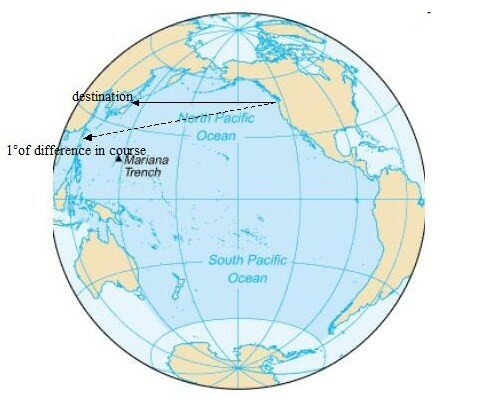Apparently this can be attributed to Confucious… it’s fitting in this exploration.
As I’ve mentioned in previous posts and on some of the various of this website – my hope is to draw on various ‘categories’ of thinking, or disciplines, in an effort to shift how we talk about and relate to looking after wild salmon. Curiously, the deeper the dig into various scientific papers, books, and other material on salmon – maybe this ‘cross-discipline’ approach is not such a bad idea.
Commonly available books on salmon (of which there aren’t really that many – one at the local bookstore and it’s locally focussed) and I don’t mean salmon-fishing books, as that’s a rather large category – the less I see of whole-systems approaches to thinking about wild salmon.
As mentioned previously, there are websites available, yet they have their limited focus and bias – narrow it down to exploit ’em or save ’em. Or, in the case of government agencies – don’t worry be happy, we got ’em under control (otherwise known as salmon management).
It’s easy to be certain, one only has to be sufficiently vague.
— Charles Sanders Peirce
Charles Sanders Peirce is an interesting fellow. As Wikipedia points out, Peirce lived from 1839-1914, which seems like a pretty good lifespan for that day in age. Peirce was a thinker – or as categories suggest a philosopher, logician, mathematician, and scientist. Apparently, “as early as 1886 he saw that logical operations could be carried out by electrical switching circuits, an idea used decades later to produce digital computers.”
Reading information about Peirce I was reminded of something I read recently at the library that scientists, economists, and the like may need to be reminded that their disciplines are all built upon the backs of philosophy. Peirce had many contributions to mathematics and science – however he was also a brilliant philosopher. He is recognized as an early pioneer of statistics. Yet, he also recognized the limitations. As he apparently pointed out:
science achieves statistical probabilities, not certainties, and that chance, a veering from law, is absolutely real.
Let’s keep this in mind: the concept of ‘fisheries management’ is built upon a lot of statistics. It sort of had to be. It is not humanly possible to count every salmon. It’s not possible to count every salmon egg, or how many eggs hatch successfully, or how many young salmon reach the ocean, or how many of those survive to swim back upstream, and how many of those successfully lay eggs in the gravel – rinse and repeat if necessary.
In a matter of a hundred years or so (probably less), fisheries management has utilized more and more complex and sophisticated statistics (many named after the person that created them) – yet this does not necessarily mean that our picture – or understanding – is all that much more accurate.
I think of the example of a ship on the ocean. If for example, I catch a ferry from Vancouver, BC to Nanaimo, BC (45-50 km or so) that ship can make small errors on its navigational direction – say a few degrees on a compass – yet still successfully reach its destination. However, extend that trip across the Pacific Ocean and say the same ship is only 1 degree off in it’s course – that one degree is going to make a huge difference in destination. Say the difference between having Tokyo as a destination and ending up in say, Thailand.

I hear and read a lot about culprits for the precipitous salmon declines – and my take is that they all play a part: habitat loss, overfishing, pollution, ocean conditions, etc – however, one I have yet to see is an acceptance of responsibility that maybe the ‘models’ or concepts of fisheries management are flawed… But, I suppose, I also haven’t seen a lot of us pointing our fingers back at ourselves for also playing a part.
And most of all – I haven’t seen anyone brave enough in these circles to say: “I don’t know” or “we don’t know”.
Instead, we have a lot of tired old raggedy concepts hanging on like one of those boogers you can’t shake off your finger – one of those ones that you think you got rid of but it simply just attached itself to the shoulder of your shirt.
Ok, childish humour; maybe that’s what we need from time to time though.
My suggestion is a tissue – because that crusty booger is too often showing up again as some re-named concept – but still a booger. Let’s use that tissue to wipe a few old crusty things away.
These are vague terms such as conservation, sustainability, diversity, framework, etc. I even recently saw biodiversity reframed as biocomplexity. Maybe these terms give some folks a feeling of comfort that we might actually understand what’s going on out there – I find them veering deep into vague-ness.
The vague-ness monster; old crusty critters swimming around lakes of obscurity. Right when you get some grainy snapshot of the beasts, they disappear into murky depths of ambiguity.
Don’t some of these terms just imply – it’s complicated, and we don’t really know?
Isn’t it possible to look after things even though we don’t fully understand, and never will understand, whole systems of complexities?
Isn’t this called systems-thinking?
